3 Types of Volcanoes: Stratovolcano, Shield and Cinder Cone
The 3 types of volcanoes are stratovolcanoes, shield volcanoes and cinder cones. Based on their geography, volcanoes take different appearances.
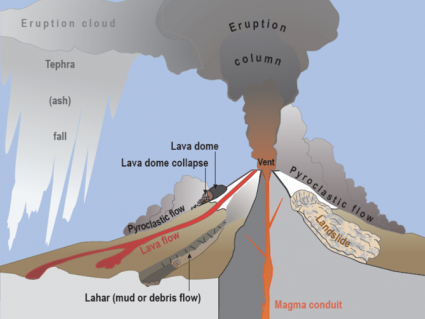
The 3 types of volcanoes are stratovolcanoes, shield volcanoes and cinder cones. Based on their geography, volcanoes take different appearances.
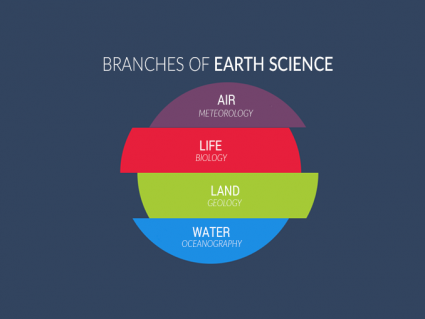
Earth scientists need all the *sciences* to understand how the Earth works. This list of 113 branches of Earth Science is the most in-depth you’ll ever find
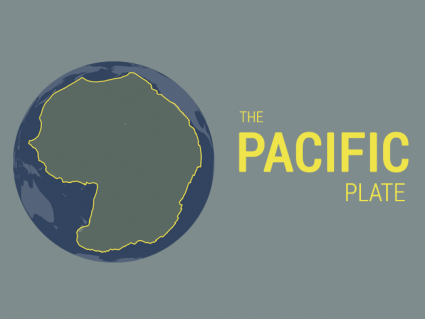
The Pacific Plate stretches all the way along the west coast of North America and reaches all the way to the east coast of the islands of Japan & Indonesia.

If you stick a pencil through Earth at the point of rotation, these 2 points are the north/south poles. Geographically, it’s where longitude lines converge.
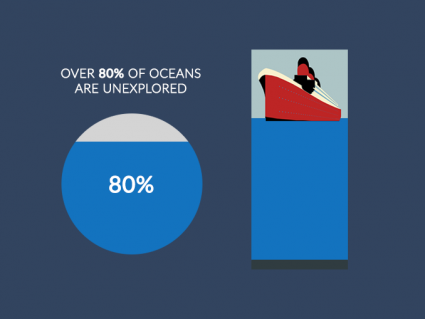
We’ve mapped 100% of oceans at 5 km resolution using satellite radar. We’ve mapped 20% with bathymetry sonar. But nearly 80% of oceans have gone unexplored.
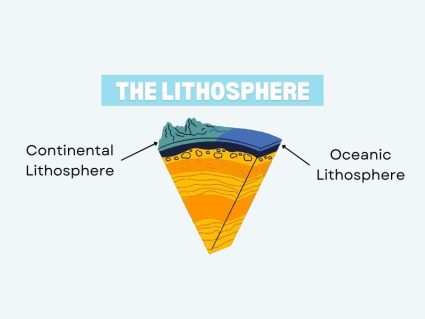
Earth scientists compare the lithosphere to a thin, solid and brittle eggshell encasing our inner planet or a thick piece of wood that dries and breaks.
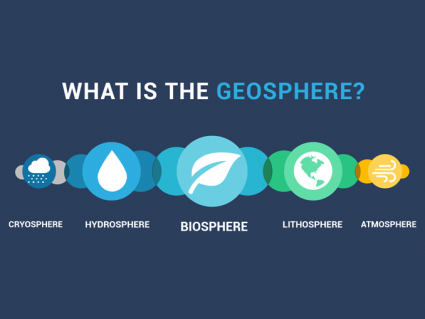
It’s difficult to pinpoint an exact definition for the “geosphere” because it’s used in several different ways. But here are 2 ways to define the geosphere.
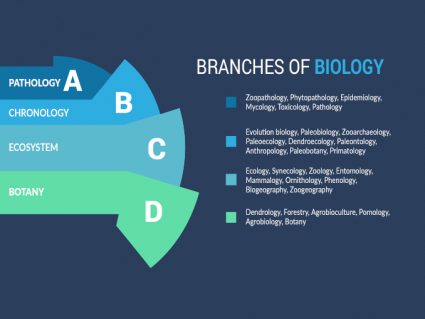
What are the branches of biology? Biology studies living things, flora and fauna. We categorize biology into botany, toxicology, ecosystem and chronology.
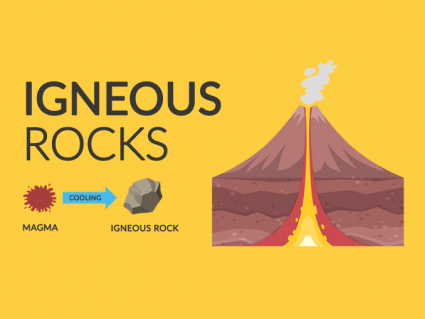
Volcanoes are the foundation for igneous rocks. When volcanoes erupt, magma and lava spews out. After cooling and solidifying, they become igneous rocks.

Marine biologists specialize in how life in the oceans behave. They collect ocean samples, record fish distributions and conserve aquatic life in habitats.
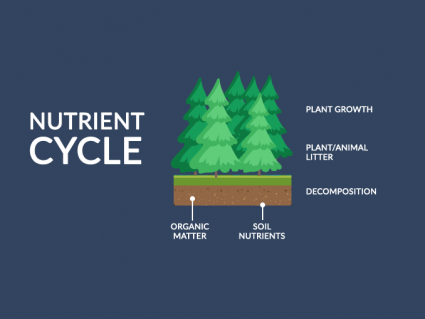
Food for thought, the nutrient cycle constantly exchanges inorganic and organic matter back and forth in the environment. It’s just recycled back and forth.
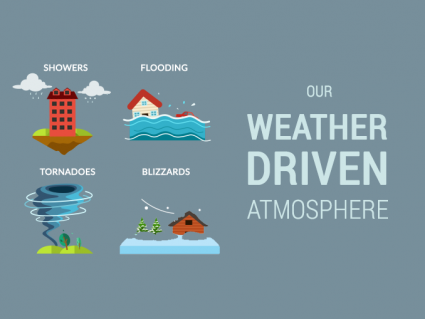
Weather patterns have tremendous impacts on people and ecosystems on Earth. Let’s get started with this list of 10 unbelievable climate and weather facts.
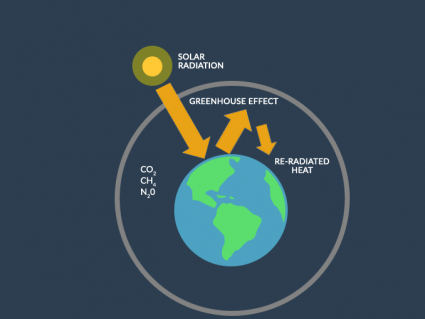
Because greenhouse gases trap heat in the atmosphere, this helps regulate temperature on Earth. Without the greenhouse effect, we’d live in an icebox.
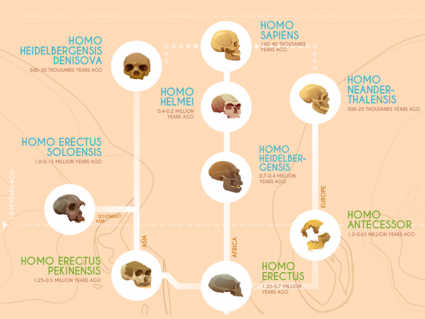
Since about 4 million years ago, humans have evolved from early hominids to modern humans. Here are 14 species examples from human evolution now extinct.
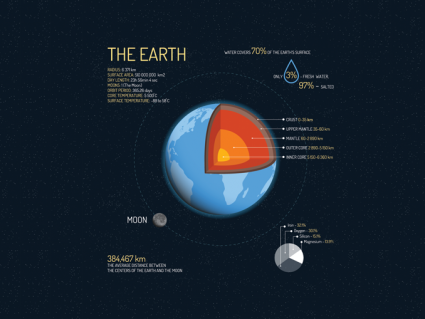
This list of Earth statistics provides all the numbers of our home planet. For example, here are size, rotation, density, temperature, orbit, age and more.